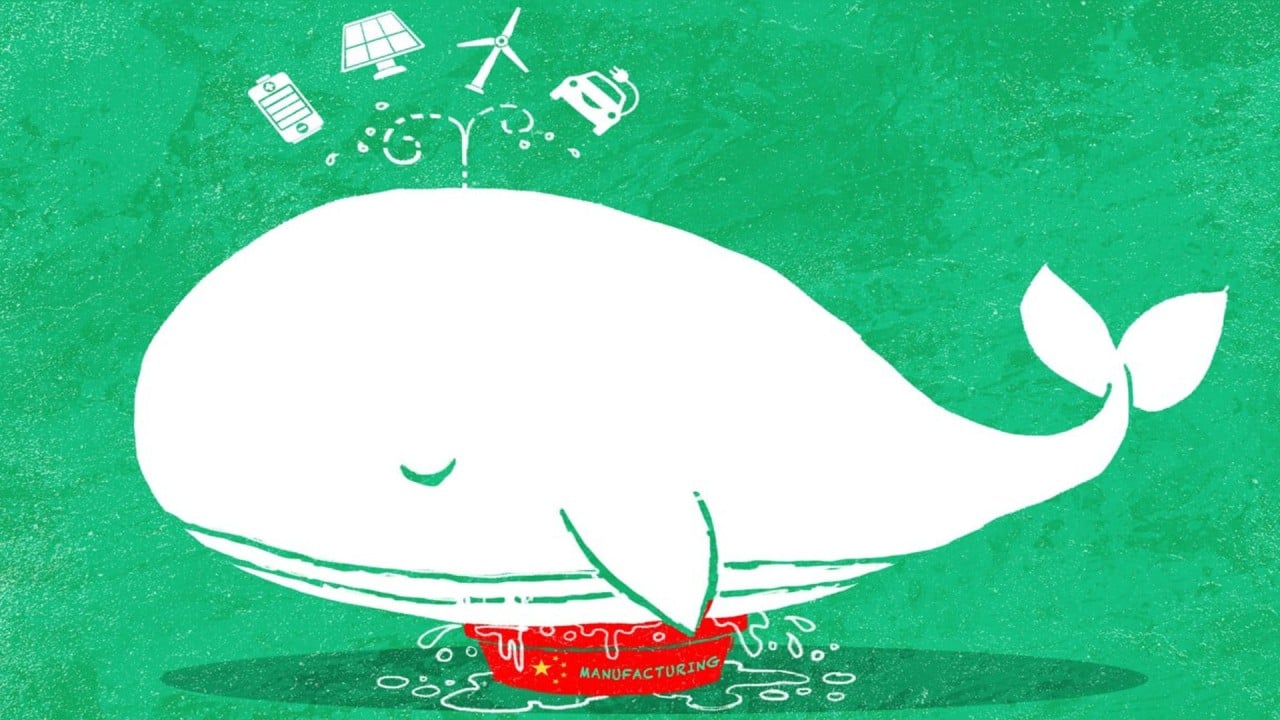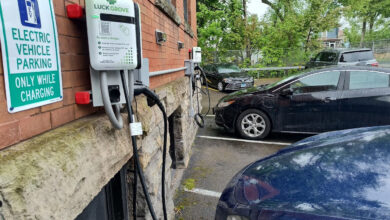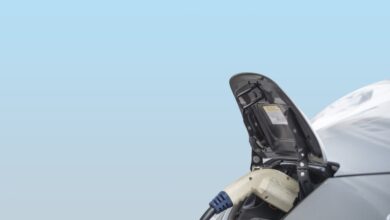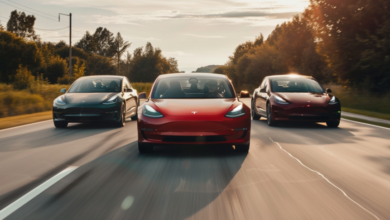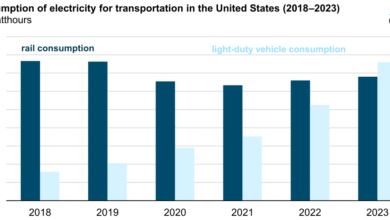Senior Chinese official to visit EU days after electric vehicle tariffs raise trade war risk
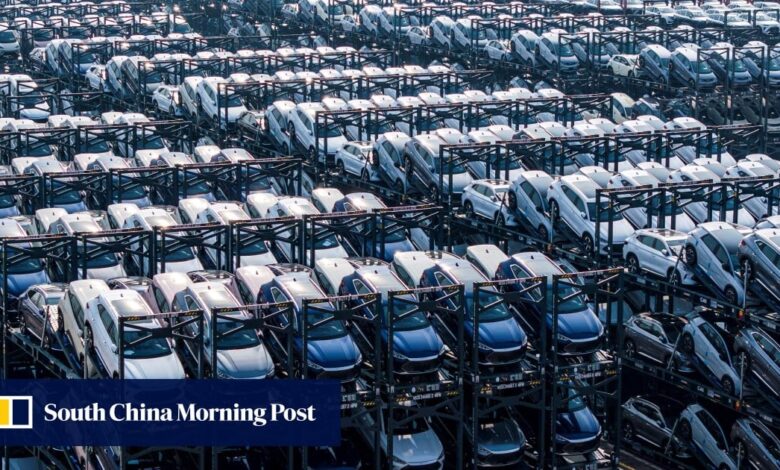
China’s first ranking Vice-Premier Ding Xuexiang will visit the European Union next week to “deepen” the “green partnership” with the bloc amid the growing threat of a trade war after Chinese electric vehicles were hit with higher tariffs.
Ding, a member of the Politburo Standing Committee who ranks as No. 6 in the Communist Party’s hierarchy, will visit Brussels and Luxembourg on a five-day visit starting on Monday, the Chinese foreign ministry said.
“China stands ready to work with the EU … to broaden the areas of cooperation, explore new collaboration models. We hope to deepen and solidify our green partnership and make green the most distinctive colour of China-EU cooperation,” the ministry’s spokesman Lin Jian said on Friday.
“China and the EU share extensive common interests and a broad space for cooperation in green development and have maintained good dialogue and cooperation.”
Beijing vowed to hit back after the European Commission said on Wednesday it would impose extra duties ranging from 17.4 per cent to 38.1 per cent on imported EVs made in China from July 4.
The EU is also conducting anti-subsidy investigations into Chinese solar panel and wind turbine manufacturers.
In an article published on Thursday via its social media channel, China’s National Development and Reform Commission hinted that its retaliation may target fuel-powered “large-displacement” vehicles from the EU.
The commission, China’s top economic planning agency, said imports of these vehicles from the EU and other countries account for around 80 per cent of domestic sales.
“If the EU is bent on abusing protectionist measures and insisting on creating and escalating trade frictions, China will never stand idly by and will take all necessary measures to safeguard its legitimate rights and interests,” the article said.
Yuyuan Tantian, a social media channel affiliated with state broadcaster CCTV, said firms such as BMW and Mercedes-Benz would be the first to be hit by the move.
The channel also said China is expected to announce a preliminary ruling on an anti-dumping investigation on imported European brandy by the end of August.
The investigation, launched by the commerce ministry in January, would primarily hit French cognac exports.
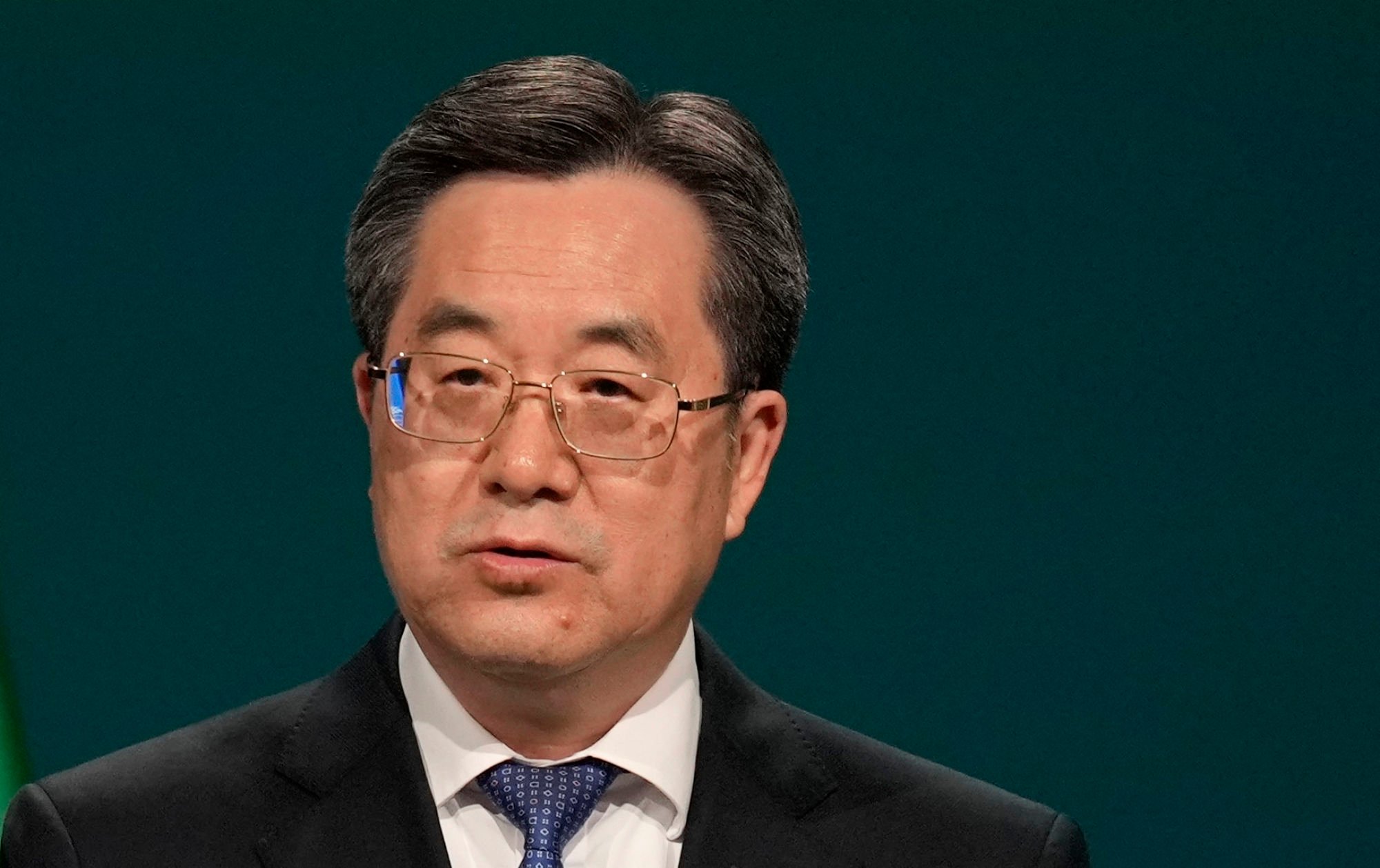
The ministry also said on Thursday that it reserves the right to raise the EU’s “illegal and protectionist” tariffs on Chinese EVs at the World Trade Organization.
Chinese firms have also applied for an anti-dumping probe into pork imports from the EU, according to Global Times, a newspaper owned by the party mouthpiece People’s Daily.
The commerce ministry said domestic industries have the right to file such applications, but did not confirm whether it had received one.
Ding’s visit will include talks with Maros Sefcovic, the European Commission vice-president responsible for the EU’s environmental policy.
The previous round of talks on environment and climate policy were held when Sefcovic’s predecessor Frans Timmermans visited Beijing last year and called for faster and more decisive joint action to tackle the accelerating climate crisis.
The two sides also identified the clean energy transition as one of their key areas for cooperation.
The Chinese government and official media have also repeatedly argued in recent days that China and Europe are “highly complementary” in the auto sector and that cooperation between the two sides on new energy vehicles would help Europe’s fight against climate change and its green economic transformation.
During his visit to Luxembourg, which hosts a number of major EU institutions, Ding will meet the country’s leaders and attend a forum on China’s “air silk road”, an strengthen to build international freight links.
Lin from the foreign ministry hailed the growing number of “new achievements” between the two countries in finance and air freight in recent years.
“China looks forward to working with Luxembourg…to step up dialogue and coordination, strengthen understanding and trust, deepen mutually beneficial cooperation and advance our bilateral relations,” Lin said.
